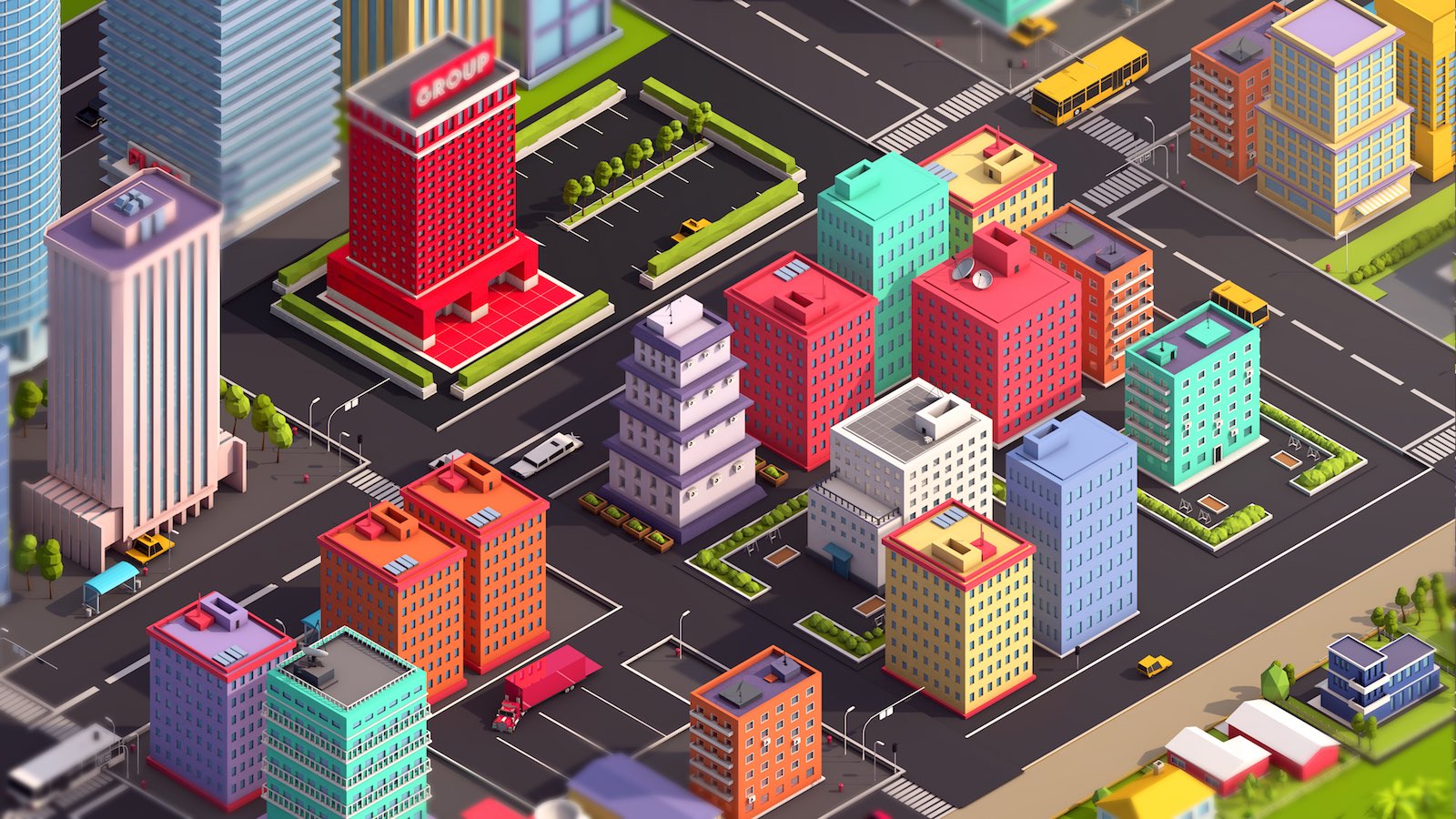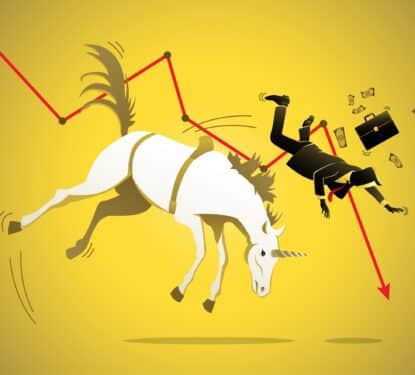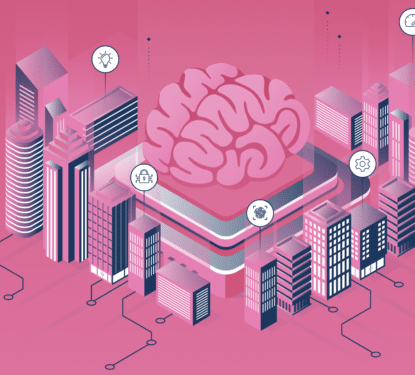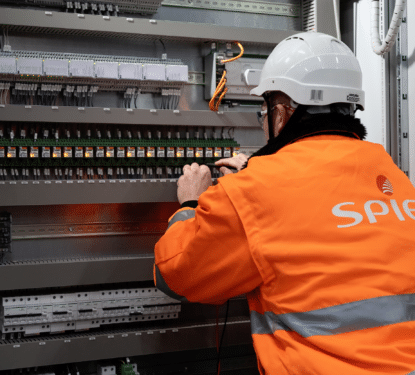“Imagine a blackout lasting not days, but weeks or months. Tens of millions of people over several states are affected. For those without access to a generator, there is no running water, no sewage, no refrigeration or light. Food and medical supplies are dwindling. Devices we rely on have gone dark. Banks no longer function, looting is widespread, and law and order are being tested as never before,” reads the back cover of the New York Times best-selling 2015 book ‘Lights Out: A Cyberattack, a Nation Unprepared, Surviving the Aftermath’.
Author of the book, Ted Koppel, a veteran ABC news journalist and former anchor of Nightline, paints a doomsday picture of large sections of the US plunged into darkness by an attack on its electricity grid. He describes the attack as “inevitable,” claiming the “Russians and the Chinese can do it and maybe the Iranians and the North Koreans.” He also highlights the fact that potential attackers don’t need a military, nor large sums of money, not even specialized equipment – just a computer and an internet connection.
“The Internet is, at one and the same time, the most wonderful and the most dangerous invention of our age. What its original designers had in mind—the instantaneous exchange of information—has become a tool of unimaginable diversity and power. A tool that, in the wrong hands, becomes a weapon — one that could be used to wage a major attack on our infrastructure, specifically the electric power industry,” Koppel said in a letter to the readers.
Koppel is referring specifically to our smart grids. New levels of connectivity and data analysis in our energy system are fostering efficiency through demand response and better integration of renewable energy and energy storage. These smart grids enable the internet of energy, which is pushing us into a clean, efficient energy future. However, with connectivity comes vulnerability, as end points increase so do the potential avenues of attack, and as Koppel points out – we are unprepared.
“Government and industry leaders agree that the probability of an attack on our power grid is high, yet they have done little to nothing to prepare for its consequences. History teaches that finding solutions to impending danger is always an arduous and unpredictable process, but ignoring the threat is never a useful track,” he says.
Indeed, since the book was published there have been a number of cyber attacks on smart grids around the world. Ukraine’s grid was hit in December 2015 and 2016, when freezing temperatures added to the suffering of those without power. Israel and Turkey also experienced similar events during 2016. In the US, earlier this month, a hack that set-off Dallas’ emergency sirens suggested that the US may also be vulnerable to an attack on its power system.

However, Koppel seems to have managed to ignore the obvious solution to this problem. A solution that simultaneously protects the supply of electricity from disruption and improves the functioning of the electricity grid itself – distributed energy.
Distributed energy refers to the dispersal power generating facilities and the introduction of greater flexibility through widespread energy storage and demand response systems. Distributed energy encourages greater harmonization between the grid and smart buildings; it also facilitates virtual power plants and microgrids.
By implementing distributed energy we can create efficiency, increase use of renewable energy and protect against a large-scale cyber-attack. This disrupts the traditional power system however, which threatens the existence of the traditional utility company. Utilities, it seems, are holding back this evolution to hang on to power, but they will need to adapt to the distributed energy age – for their own survival and to minimize the impact of an inevitable cyber attack.
“The evidence is compelling. A cyber attack on one of our three power grids is all but inevitable, and deserves a national discussion. I hope you’ll consider Lights Out a sensible first step,” says Koppel. It may be inevitable and certainly deserves a national discussion but the sensible next step is distributed energy.
[contact-form-7 id="3204" title="memoori-newsletter"]



